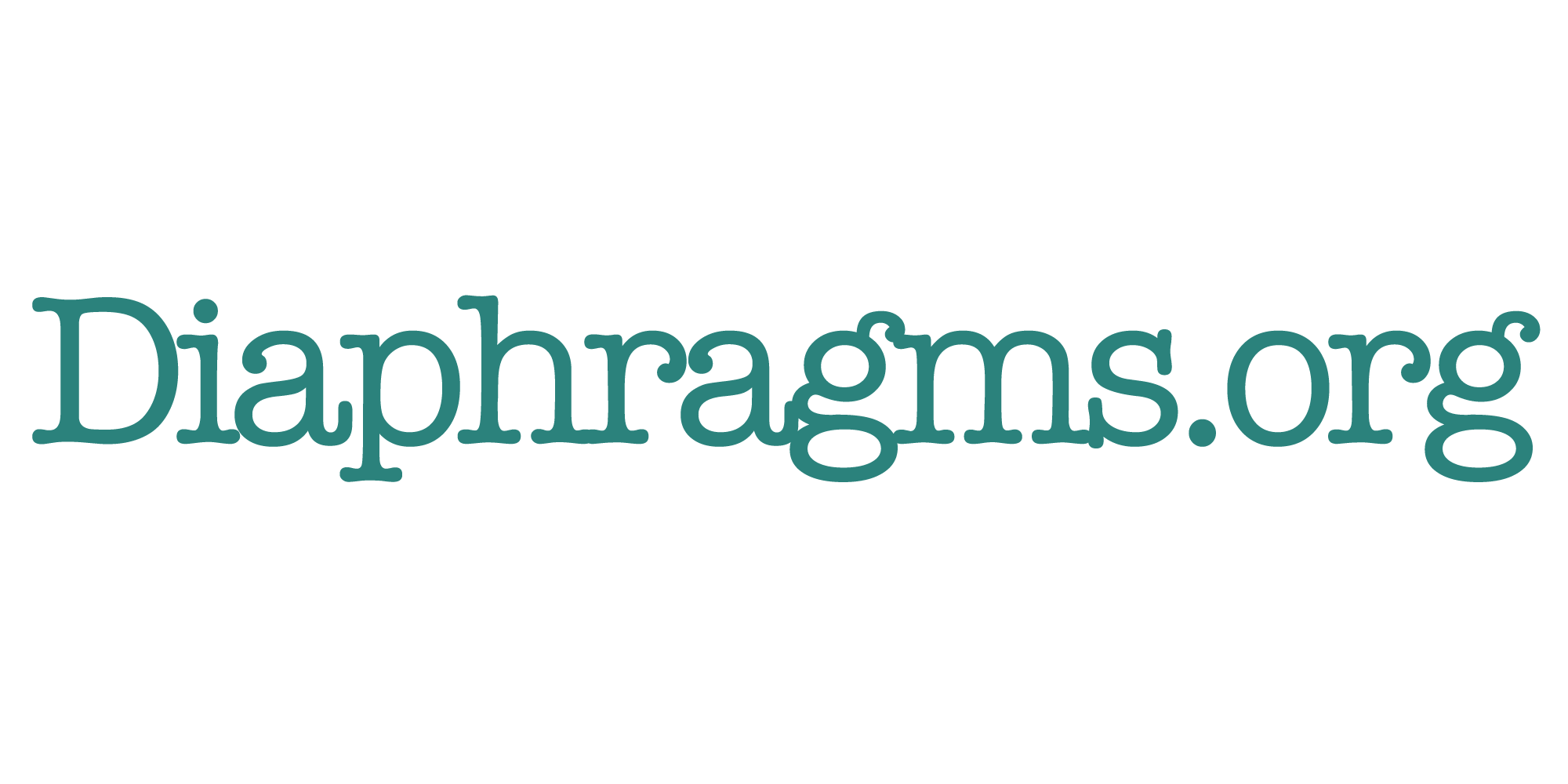If you’ve been exploring your spermicide options to use with your diaphragm or cervical cap, you’ve likely come across the term N9. In the UK, the National Health Service (NHS) has historically approved Gygel, an N9 spermicide, for prescription use. But what exactly is N9, and how can it be potentially unsafe if it’s included in a prescription health product?
Nonoxynol-9 (N-9) is the most prevalent active ingredient in spermicides. Spermicides containing N-9 are available in various forms, such as films, foams, and, in the case of Gygel, gels.
Nonoxynol-9 is an organic compound used as a surfactant and belongs to the Nonoxynol family of nonionic surfactants. It’s commonly found in cleaning and cosmetic products. Initially, researchers observed N-9’s ability to kill microbes in vitro, leading them to believe it could be an effective way to prevent the transmission of sexually transmitted diseases (STDs). The NHS in the UK embraced this idea and prescribed Gygel as an N9-based spermicide.
However, recent research has revealed a potential downside to N-9’s use. It may actually increase a person’s risk of contracting STDs, particularly when used frequently. This conclusion was drawn after researchers noticed that the harsh chemicals in N-9 cause tiny abrasions on the sensitive vaginal and anal walls.
Quoting from Wikipedia:
“From 1996 to 2000, a UN-sponsored study conducted in several locations in Africa followed nearly 1,000 sex workers who used nonoxynol-9 gels or a placebo. The HIV infection rate among those using nonoxynol-9 was about 50% higher than those who used the placebo; those using nonoxynol-9 also had a higher incidence of vaginal lesions, which may have contributed to this increased risk. Whereas these results may not be directly applicable to lower-frequency use, these findings combined with lack of any demonstrated HIV-prevention benefit from nonoxynol-9 use led the World Health Organization to recommend that it no longer be used by those at high risk of HIV infection. The WHO further notes that “Nonoxynol-9 offers no protection against sexually transmitted infections such as gonorrhoea, chlamydia.”[3] A 2006 study of a nonoxynol-9 vaginal gel in female sex workers in Africa concluded that it did not prevent genital human papillomavirus (HPV) infection and could increase the virus’s ability to infect or persist“
For those of you who are unaware of the potential side effects and health risks associated with N-9, you can check out some good information on the following sites:
World Health Organization – Planned Parenthood – FDA
So we have an idea of what issues may exist, but what solutions do we have?
Well, some spermicide products are designed to be used alone, such as foams. However, what we are concerned with is their use with diaphragms. That’s where an alternative solution emerged with lactic acid-based products, which immobilize sperm, making them suitable for use with a diaphragm. Technically, they cannot be called spermicides, so they are referred to as diaphragm gels or contraceptive gels. Examples include Contragel, Phexxi (Amphora), and Caya Gel.

For two decades David has been the owner and director of several marketing and distribution companies. During this time he has learned the indisputable benefits of looking after customers, colleagues, workers, suppliers and the local community, treating them all as respected stakeholders in a common project. Recently he consolidated his personal beliefs and business ethics by founding and developing several ethical companies.




